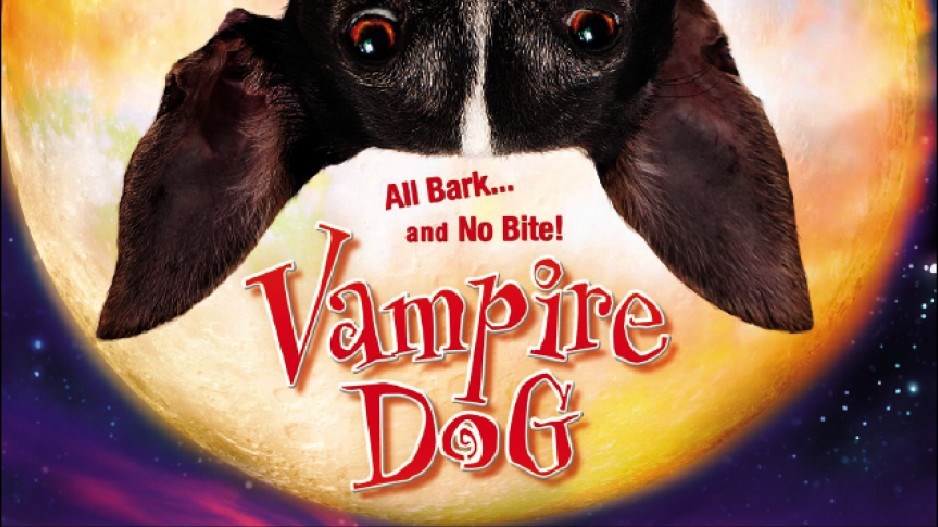Unless Saskatchewan reverses course on its announced plan to cancel its film tax credits, B.C. producers will lose one of Canada’s best-value filming destinations.
“If this goes through, Saskatchewan [will be] a dead zone for filming movies and TV,” said Rob Merilees, president of Vancouver-based Foundation Features, which has shot four films in Saskatchewan over the past seven years, including Just Friends, starring Ryan Reynolds, and Sleepwalking, starring Charlize Theron.
Saskatchewan announced the cancellation of its film tax credit as part of the province’s March 21 budget release. The province said the move will save taxpayers $3 million in 2012 and $8 million annually once the credit is fully phased out by the end of 2014.
Merilees, who has also shot movies in Hong Kong and the United Kingdom, called Saskatchewan one of his company’s “go-to” locations.
But Merilees said Foundation Features would not film in Saskatchewan without the tax credits.
“It’ll be impossible to shoot in Saskatchewan without them, so we just won’t go there.”
Tim Brown, CEO of Vancouver-based Joker Films Inc., said Saskatchewan’s move has also shaken up his business plans. He said Joker Films shot Vampire Dog in Saskatchewan last summer and planned to keep shooting in the province.
“It was a great experience, and we’re building a template of family films, and the plan was to do between two and three a year, shooting them all in Saskatchewan.
Brown added that Saskatchewan’s tax credit was “exceptional.” He said its cancellation not only meant a scramble to get the company’s tax credit application in under the wire – but also means he’ll have to rethink where to shoot next.
B.C. Film Commissioner Susan Croome said Saskatchewan’s decision could increase the number of productions filming in B.C.
“I’m hopeful that some of the B.C.-based companies who have been producing in Saskatchewan come back to B.C.,” she told Business in Vancouver. “It would be great if they find that the value proposition of shooting in B.C. now works for them.”
But Brown said that while he’d like to film in B.C., the province’s tax credits aren’t competitive enough.
Both Merilees and Brown said times are particularly tough in the independent film business.
“The film business is very, very difficult right now, and financing these things is extraordinarily difficult – harder than it was even two years ago,” Brown said. “So every penny counts.”
Brown added that he anticipates that he and many other producers will move their planned Saskatchewan productions to Manitoba, which also has a good tax credit for filmmakers.
Brown and Merilees predicted Saskatchewan would lose much of its film talent.
“You’re going to see a mass exodus of the crew there,” Merilees said, predicting that many will end up in Manitoba. “And even if they bring the tax credit back a year from now, there won’t be any crew left.”
Neither Merilees nor Brown expects Saskatchewan’s move to create a serious problem for B.C. producers, beyond the loss of a good-value filming destination.
“I don’t think we’re worried in B.C. that they’re going to follow suit and scrap the tax credit any time soon – because it makes economic sense to have it,” Merilees said. “It’s not going to affect us very much in B.C., except in solidarity.” •




